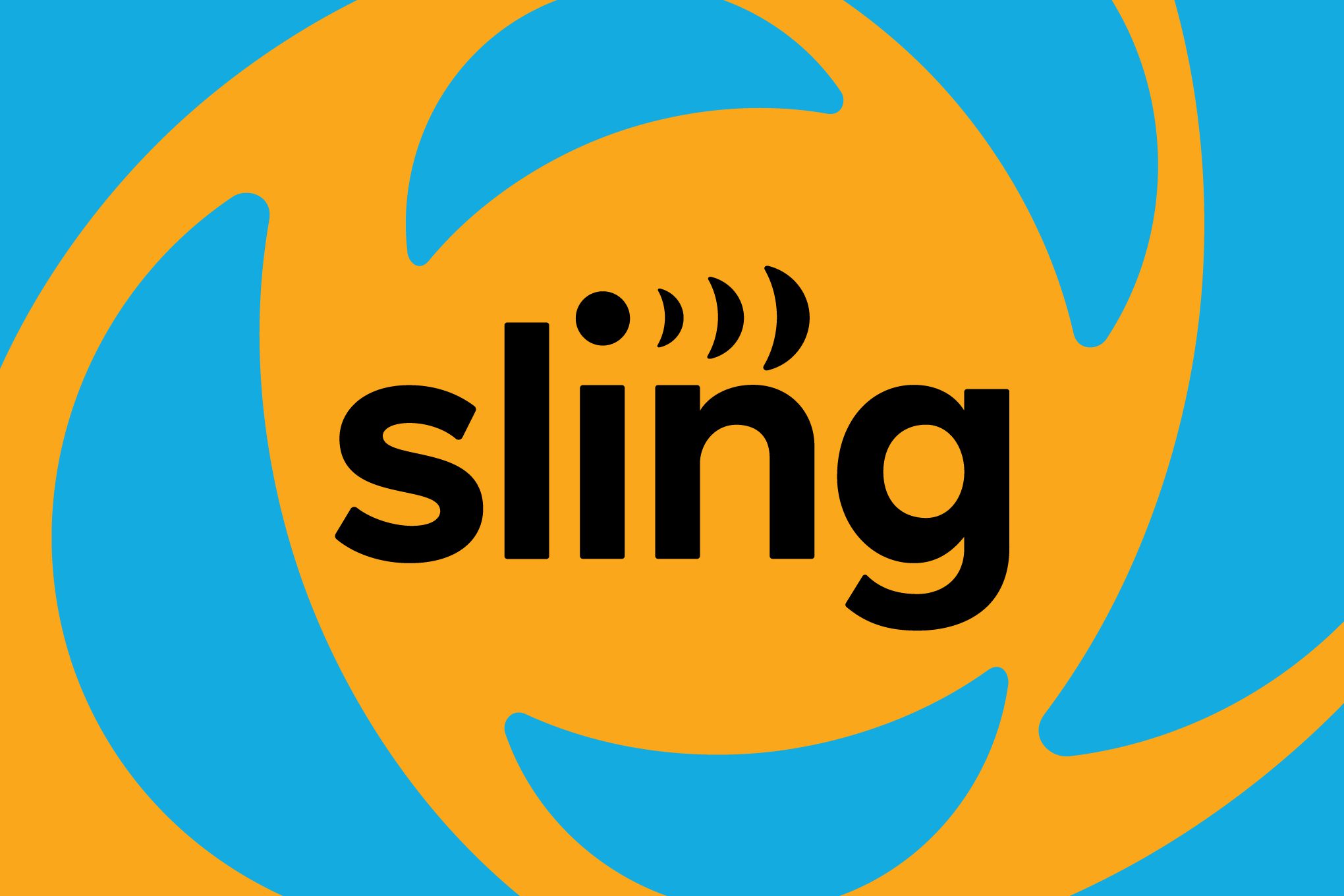
this viral ai pen didn t help A college student recently shared their experience with a new gadget marketed as a solution for cheating on tests, highlighting the ongoing battle between technology and academic integrity.
this viral ai pen didn t help
The Rise of the AI Scanner Pen
The so-called “AI scanner pen” has emerged as a controversial tool in the academic landscape, particularly as traditional testing methods make a comeback. This device, which resembles a small wand or a TV remote, is designed to scan printed text and provide answers to questions in real-time. It has gained traction through targeted advertisements on platforms like YouTube, capturing the attention of students looking for shortcuts in their academic pursuits.
As educational institutions grapple with the implications of artificial intelligence on learning, the introduction of such devices raises significant concerns. The AI scanner pen is not just a technological novelty; it represents a shift in how students approach assessments, particularly in an era where online learning and AI-driven tools have become commonplace.
How the AI Scanner Pen Works
The functionality of the AI scanner pen is relatively straightforward. Users simply point the device at text on a printed page, and it scans the content using optical character recognition (OCR) technology. Once the text is captured, the device processes the information and provides answers or explanations, effectively allowing students to bypass the need for in-depth study.
This technology is particularly appealing in a high-pressure academic environment where students often feel overwhelmed by the demands of coursework and exams. The allure of instant answers can be tempting, especially for those who may struggle with time management or comprehension of complex subjects.
The Context of Cheating in Education
The rise of devices like the AI scanner pen is not occurring in a vacuum. The educational landscape has been significantly altered by the proliferation of technology, particularly AI. In recent years, tools such as ChatGPT and other AI-driven platforms have made it easier for students to find information and generate content quickly. However, these tools have also raised ethical questions regarding their use in academic settings.
As physical tests regain popularity, particularly in response to concerns about online cheating, students are seeking alternative methods to gain an advantage. The AI scanner pen fits into this narrative as a physical manifestation of the lengths to which some students will go to succeed.
Implications for Academic Integrity
The introduction of the AI scanner pen poses serious implications for academic integrity. Educational institutions are already facing challenges in maintaining fair testing environments, and devices like this only complicate the issue further. The potential for misuse is significant, as students may rely on the pen to provide answers during exams, undermining the purpose of assessments designed to evaluate knowledge and understanding.
Moreover, the existence of such technology raises questions about the effectiveness of current academic policies. Institutions may need to reevaluate their approaches to testing and consider implementing stricter measures to prevent cheating. This could involve increased surveillance during exams, the use of technology to detect scanning devices, or even a shift toward more open-book assessments that focus on critical thinking rather than rote memorization.
Stakeholder Reactions
The emergence of the AI scanner pen has elicited a range of reactions from various stakeholders in the education sector. Educators, administrators, and students all have differing perspectives on the implications of this technology.
Educators’ Concerns
Many educators express concern about the potential for increased cheating and the erosion of academic standards. Teachers are tasked with preparing students for a future that demands critical thinking and problem-solving skills, and the reliance on devices like the AI scanner pen could hinder this development. Some educators argue that the focus should be on fostering a culture of integrity and encouraging students to engage with the material rather than seeking shortcuts.
Administrators’ Perspectives
Administrators are also grappling with the implications of such technology. As they work to uphold academic standards, they must balance the need for innovation in teaching and assessment with the necessity of maintaining integrity. Some institutions may choose to implement stricter policies regarding the use of technology during exams, while others may explore alternative assessment methods that reduce the likelihood of cheating.
Students’ Views
For students, the AI scanner pen represents both a temptation and a challenge. While some may view it as a helpful tool for navigating the pressures of academic life, others recognize the ethical implications of using such devices. The conversation around academic integrity is evolving, and many students are becoming more aware of the long-term consequences of cheating, both for their education and future careers.
The Future of Testing and Technology
The introduction of the AI scanner pen signals a broader trend in the intersection of technology and education. As advancements continue to reshape the way students learn and assess their knowledge, educational institutions must adapt to these changes. The challenge lies in finding a balance between leveraging technology for educational benefit and ensuring that academic integrity is upheld.
In the coming years, we may see a shift toward more innovative assessment methods that incorporate technology while minimizing the potential for cheating. This could include the use of digital platforms that monitor student engagement during assessments or the development of assessments that require higher-order thinking skills, making it more difficult to rely on devices like the AI scanner pen.
Conclusion
The AI scanner pen represents a growing concern in the realm of academic integrity as students seek new ways to navigate the pressures of education. While the technology may offer immediate benefits, the long-term implications for learning and ethical behavior are significant. As educators, administrators, and students grapple with these challenges, the conversation around academic integrity will continue to evolve, shaping the future of education in an increasingly digital world.
Source: Original report
Was this helpful?
Last Modified: November 19, 2025 at 10:39 pm
3 views















